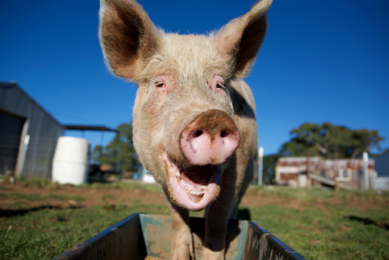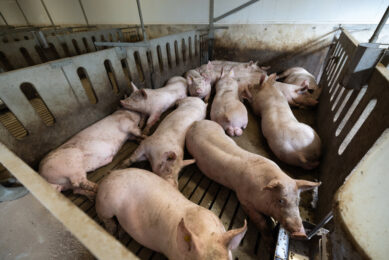Recently, the South African government announced a long-term commitment to green fuels, mainly to help job creation and development in the rural areas, with probably lesser emphasis on reducing damage to the environment and offering South Africa protection from volatile oil prices.
Therefore, the interest for developing and supporting a biofuel industry in South Africa is in many ways different from that in the developed world. The major trigger for government to support and approve a specific structure and regulation for the South African biofuel business is based on the benefit it will have on the macro economy of the country.
Government is particularly interested in how it would assist them in meeting its objective of bridging the gap between the first and the second economies and halving unemployment by 2014. Therefore, whether we agree or disagree, the structure and regulation of the future South African biofuel industry has become very much a political and emotional issue, rather than something that is based on science and reality.
Government support
Whether a biofuel industry should be created mainly on how it will benefit job creation, emerging farmer support, land reform, etc. should require careful consideration. The latter is important in the South African context; however, it will also be necessary to justify the negative impact and costs of creating this industry on other industries in the agriculture sector and basic foodstuff security/affordability, and whether this will be warranted by the benefits of producing biofuels.
Since crops produced for biofuel production are all linked back to the food production value chains, the pricing structure of various sectors in agriculture will certainly be affected as supply and demand balances will be shifted substantially, which may force many consumers to adopt changes in their food preference.
Finally, it is my view that only once the key optimal economic scenarios have been determined, more detailed social and environmental benefit maximisation analyses should be conducted, in South Africa’s case with particular emphasis on land reform and emerging farmer opportunities and support.
If South Africa finally creates a biofuel industry, considerable investment will be necessary and a number of interrelated, and in cases, longer term impacts may arise. A question to be raised would be whether potential global investors will be attracted by the regulatory environment and social goals that may be created by government as a prerequisite to support the creation and ongoing operation of such a large industry? Does government’s social emphasis for support really justify investment into a biofuel industry in South Africa. Is any profitable biofuel industry not more dependent on security and quality of raw material supply, the off take and value of by-products for use as feedstock, and factors affecting the costs of both?











